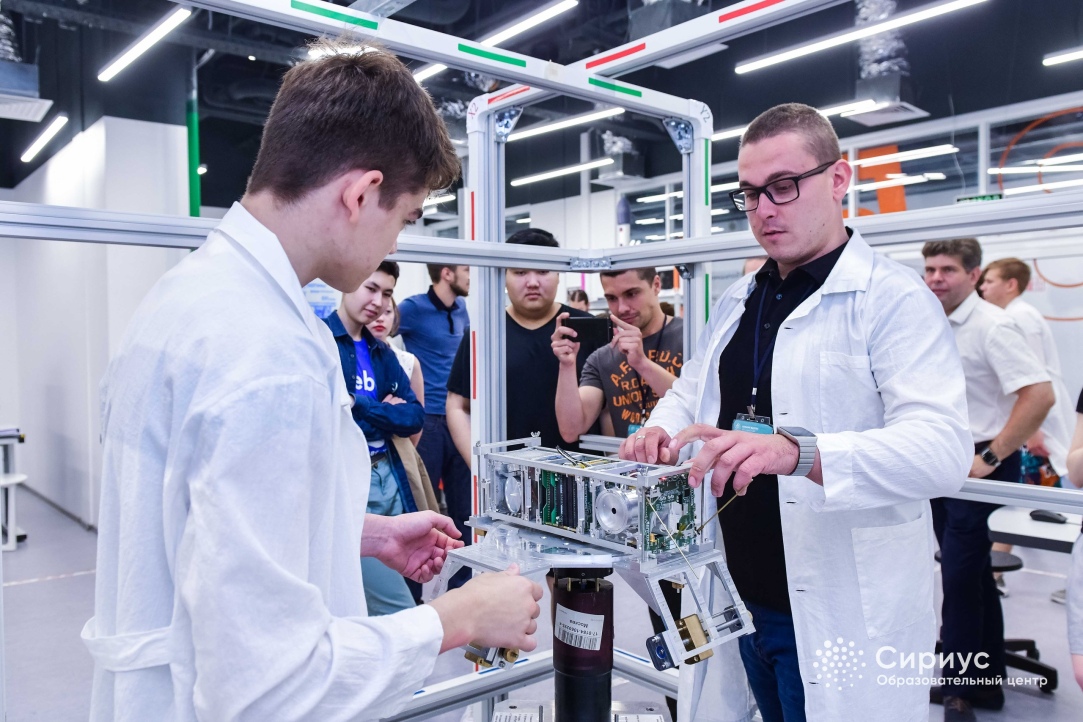
HSE University Satellites: Three Years in Orbit
In March 2024, HSE University celebrated an important milestone — the third anniversary of the successful operation in orbit of its first CubeSX-HSE and CubeSX-Sirius-HSE satellites. These spacecraft, created on the basis of the CubeSat platform for Earth observation, continue to function actively, confirming high technological standards and reliability of the university's developments.
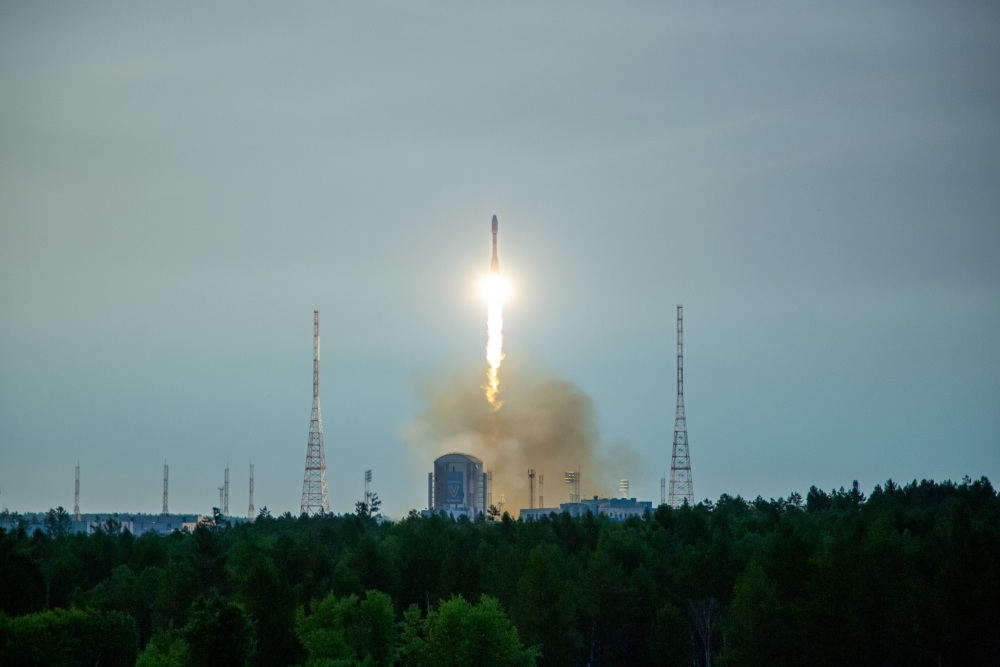
‘We Control the Flight of Small Spacecraft’: How HSE University Launches Satellites
Following the meeting with participants of the 3rd Young Scientists Congress, Russian President Vladimir Putin assigned the government to include the creation and launch of small spacecraft in a new national project. Universities will also be involved in the project. Dmitrii Abrameshin, Head of the Mission Control Centre at the Moscow Institute of Electronics and Mathematics at HSE University, spoke about the mechanism of small satellites and which satellites have already been launched by HSE University.
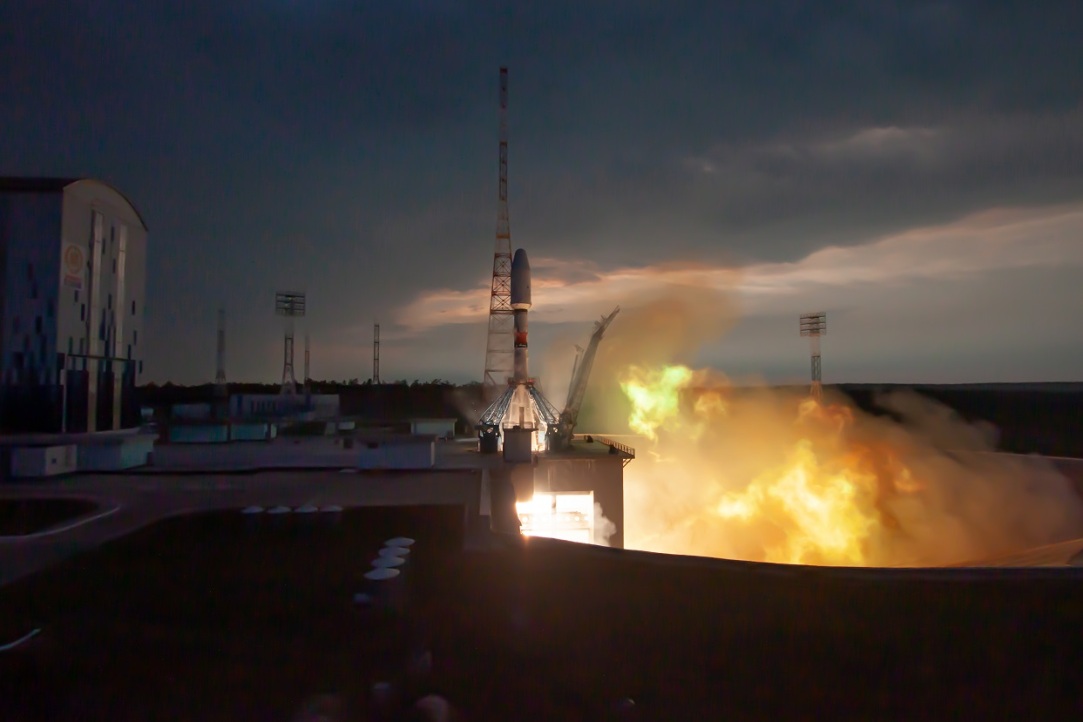
HSE University’s Third Satellite Launched from Vostochny Cosmodrome
The small CubeSX-HSE-3 spacecraft was created by students and staff of the HSE Tikhonov Moscow Institute of Electronics and Mathematics. It is based on the OrbiCraft-Pro 3U platform by Sputnix. The work was carried out as part of the Space-π project with support from the Innovation Support Fund.
In Space with MIEM: All Systems Go!
On April 12th, the traditional Big Space Break took place at the HSE MIEM. This interactive event for students and staff was organized by specialists from the Laboratory of Space Vehicles and Systems' Functional Safety.

HSE University’s First Satellite Travels 478.7 Million km
The satellite entered orbit two years ago. The launch of the Soyuz-2.1a rocket with a Fregat upper stage and 38 satellites on board, including CubeSX-HSE, took place on March 22, 2021 at the Baikonur Cosmodrome.
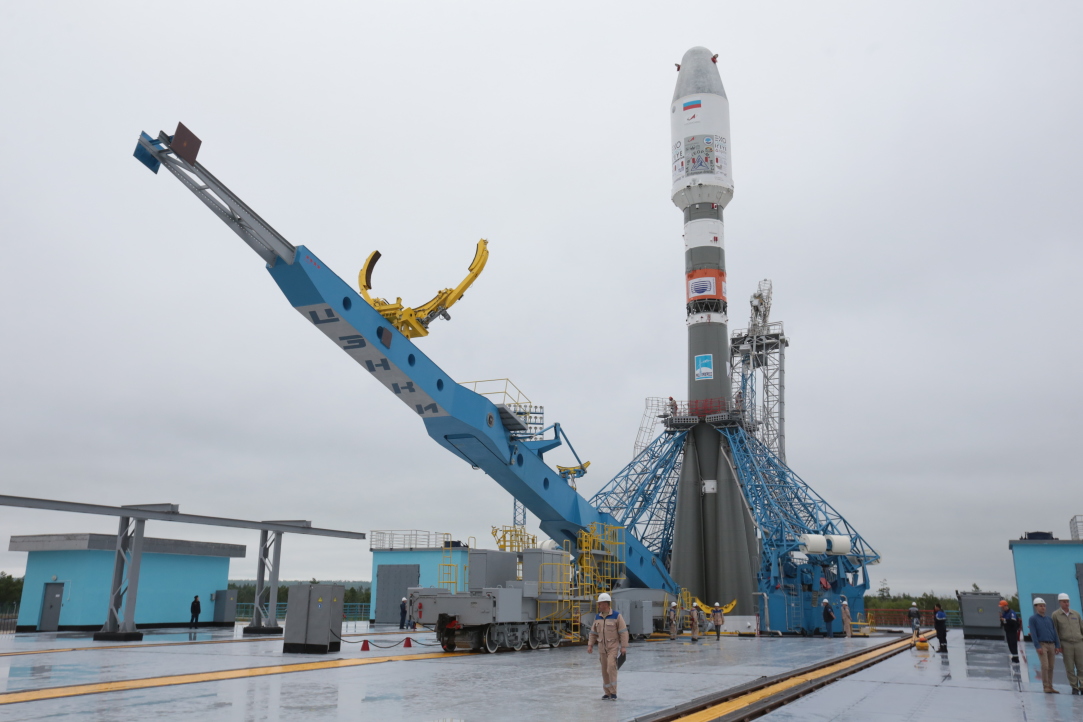
Second HSE University Satellite Launched from Baikonur
On August 9, a Soyuz 2.1b rocket launched with a payload of HSE University’s second satellite, which will monitor the land surface of the Arctic region. HSE MIEM Deputy Director Andrey Abrameshin spoke about the university’s space plans, while Top Class competition winner Alexey Gilenko shared his impressions of the launch at Baikonur Cosmodrome.
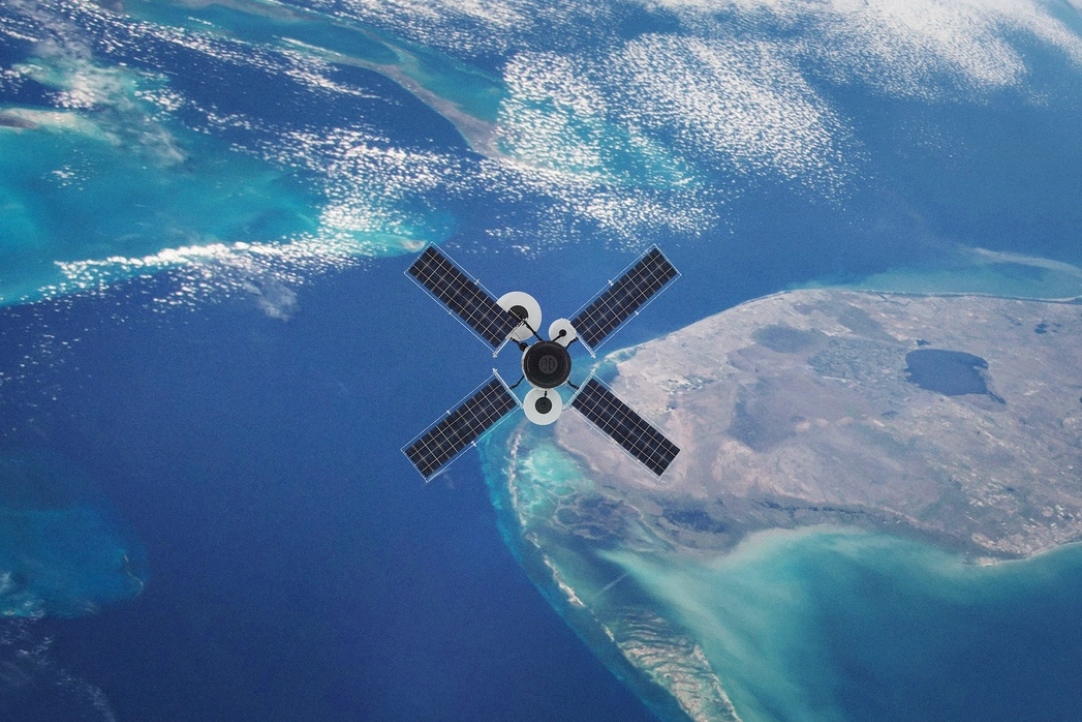
HSE University Is Preparing to Launch its Second Satellite into Space
Only one year ago, the first HSE University satellite, developed by specialists and students from the Laboratory of Space Vehicles and Systems’ Functional Safety of the HSE Tikhonov Moscow Institute of Electronics and Mathematics (MIEM HSE) and the Sputnix space company, was launched into orbit. And now, the date of the second HSE University’s satellite launch has been announced: Roscosmos will send it into space from Baikonur Cosmodrome on August 9th, 2022.
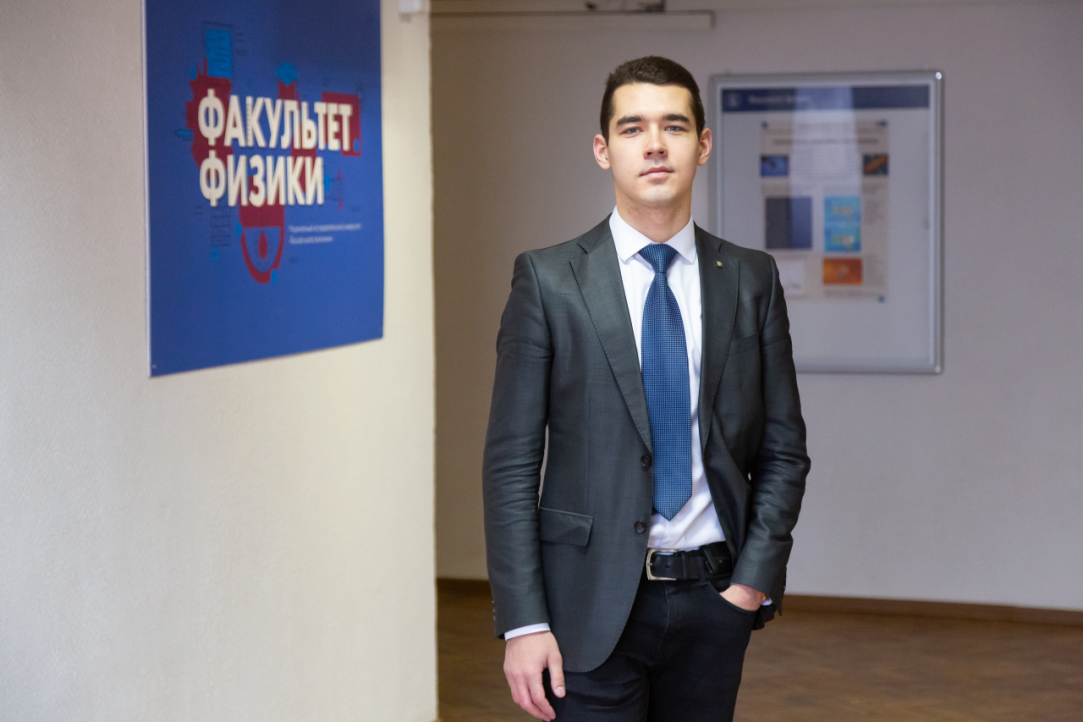
'Our Work Will Be Useful in the Search for Earth Twins’
Why is space so fascinating? Who is hindered by the Earth's geocorona? What personal qualities are essential for a research physicist, and how will academic careers regain their prestige? These were the questions that came up in HSE News Service’s interview of Igor Balyukin, a Senior Lecturer of the HSE Faculty of Physics and the winner of the 'Best Work Performed by Young Scientists' nomination category of the RAS Space Research Institute competition.
Dust Cloud around the Moon
HSE researchers, together with colleagues from Space Research Institute of RAS, MIPT, and the University of Colorado, ventured to find out where the plasma-dust cloud around the Moon comes from. To do this, they compared theoretical calculations with experimental data and theorized that this cloud likely consists of matter that rose from the Moon’s surface as a result of meteoroid collisions.


Deadline for applications to present academic reports - January 20, 2025